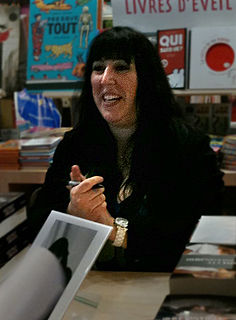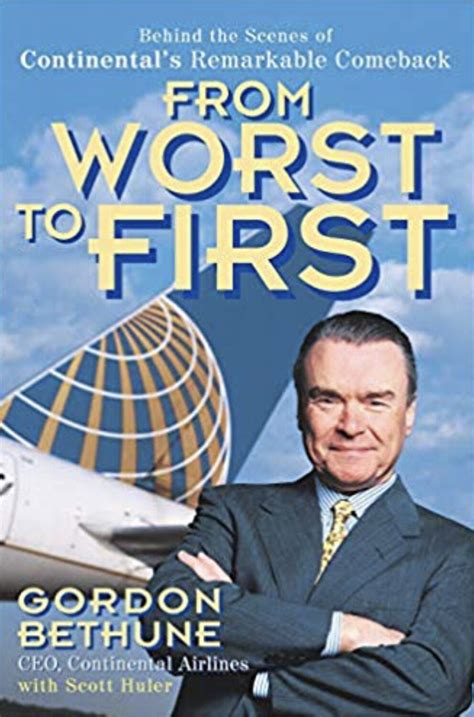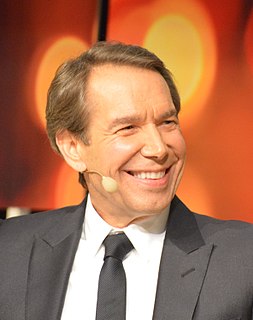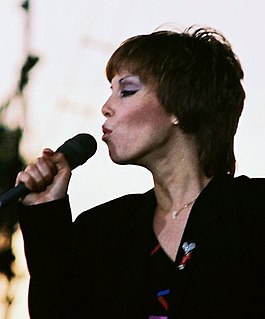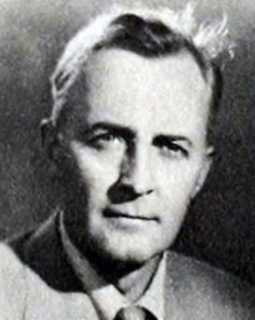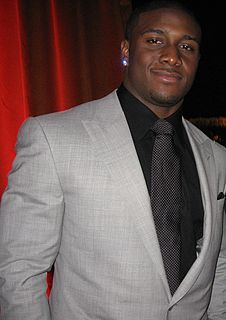A Quote by Simone Elkeles
Isn't that why we're put on this earth to begin with, to make it a better place? It's not a religious quest; it's a humanitarian one.
Related Quotes
The practice of yogasana for the sake of health, to keep fit, or to maintain flexibility is the external practice of yoga. While this is a legitimate place to begin, it is not the end. Even in simple asanas, one is experiencing the three levels of quest: the external quest, which brings firmness of the body; the internal quest, which brings steadiness of intelligence; and the innermost quest, which brings benevolence of spirit.
The humanitarian wishes to be a prime mover in the lives of others. He cannot admit either the divine or the natural order, by which men have the power to help themselves. The humanitarian puts himself in the place of God.
But he is confronted by two awkward facts; first, that the competent do not need his assistance; and second, that the majority of people positively do not want to be "done good" by the humanitarian. Of course, what the humanitarian actually proposes is that he shall do what he thinks is good for everybody. It is at this point that the humanitarian sets up the guillotine.
Our world is in profound danger. Mankind must establish a set of positive values with which to secure its own survival. This quest for enlightenment must begin now. It is essential that all men and women become aware of what they are, why they are here on Earth and what they must do to preserve civilization before it is too late.
I think different societies, cultures, individuals, teams of people, make the world a better place. The founding fathers, they made New England, they made those 13 colonies. I don't know if they thought they were changing the world or just changing their world, but they did make the world a better place. Doctors that cure patients or cure diseases or make discoveries, they're making the world a better place. Can I make the world a better place by selling underpants? Not really. That's just the means. That gives me resources to try to make the world a better place.
The basics teachings of Buddha are about understanding what we are, who we are, why we are. When we begin to realize what we are, who we are, why we are, then we begin to realize what we are not, who we are not, why we are not. We begin to realize that we don't have basic, substantial, solid, fundamental ground that we can exert anymore. We begin to realize that our ideas of security and our concept of freedom have been purely phantom experiences.
